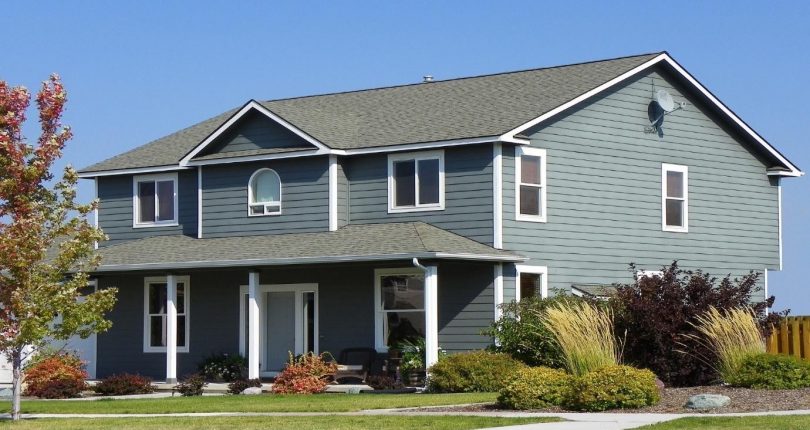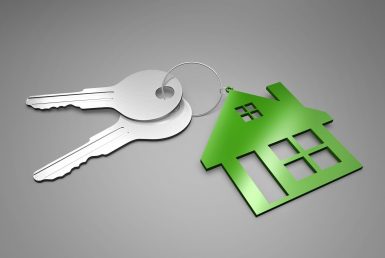The housing Real Estate market is Stabilization

At the end of 2021, the FNB private housing inflation figures showed a 12-month annualized return of 7.1%. From 21.7 percent of the total a year ago, the quantity index increase slowed to 6.6% today. At the end of the year, the nationwide adjusted average house value was N$1 181 225, up from N$1 240 943 in 2020.
Even though inflation figures rise is still very strong on an annual basis, falling transaction quantities push down average home prices. Housing plot sales declined by an average of 16.2% on a year-over-year basis at the end of 2021, up from a contraction of -45.2percentage points after September 2021 but below the increase of 18.0% seen in 2020. Considering the government’s official budgetary situation and that land sales are one of the most important sources of income for local governments, key results supply of prime plots is expected to be difficult in the short- to moderate.
The rapid interest rate reductions that officially began in 2020 at the beginning of the Covid-19 issue are responsible for the current momentum in the property index increase, which was fleeting. The drop in bond yields sparked a significant increase in home purchases. Real estate sales must be compelled because of the Covid-19 pandemic’s detrimental economic effects. The housing market is changing with the restoration of the business and the restart of a fiscal policy cycle. Nevertheless, the real estate market is still expanding.
In contrast to the 2.1percentage points reported a year earlier, the FNB potential rental indicator for the 4 quarter of the decade showed a lesser decrease of 0.7%. Increasing oil prices worldwide are expected to boost Namibia’s growth outlook, likely leading to a rise in the number of recreational and academic trips from Angolans. This is because Angola contributes significantly to Namibia’s real estate market growth.
This could provide a short- to intermediate boost for the Namibian real estate market and the anticipated recovery in the country’s economy. However, changes in interest rates have a significant impact on the residential real estate market. This demonstrates the deficit ratio of families, which is around 89%. During the same time, the northeastern quantity index likewise experienced a twelve-month typical decrease of 1.9%. Among the difficulties mentioned by developers of residential properties is the lack of supporting infrastructure and the high cost of construction materials.
At the end of 2021, the three-month average property price was estimated to be N$894/m2, significantly more than the long-term N$447/m2. This might be because investors in real estate sometimes sell housing units for extravagant prices.
Extensions 24 in Ondangwa, which has 321 housing erven designated for people of low and intermediate incomes, was finally introduced, according to a recent announcement from the Ministry of Urban and Rural Development. Trading activity is anticipated to get back up soon because of this. At the close of 2021, the southern index of house prices showed a 3.0% 12-month average decline.
This signifies the return to the pre-Covid-19 state, characterized by fewer transactions, and is the first contraction since October 2020. For the time being, local authorities, including Keetmanshoop, are advised to become familiar with the model of the Windhoek Informal Settlement Upgrading Project in preparation for its eventual implementation in their respective cities. As a result, greater housing alleviation is anticipated, particularly for the super-income group.




Join The Discussion